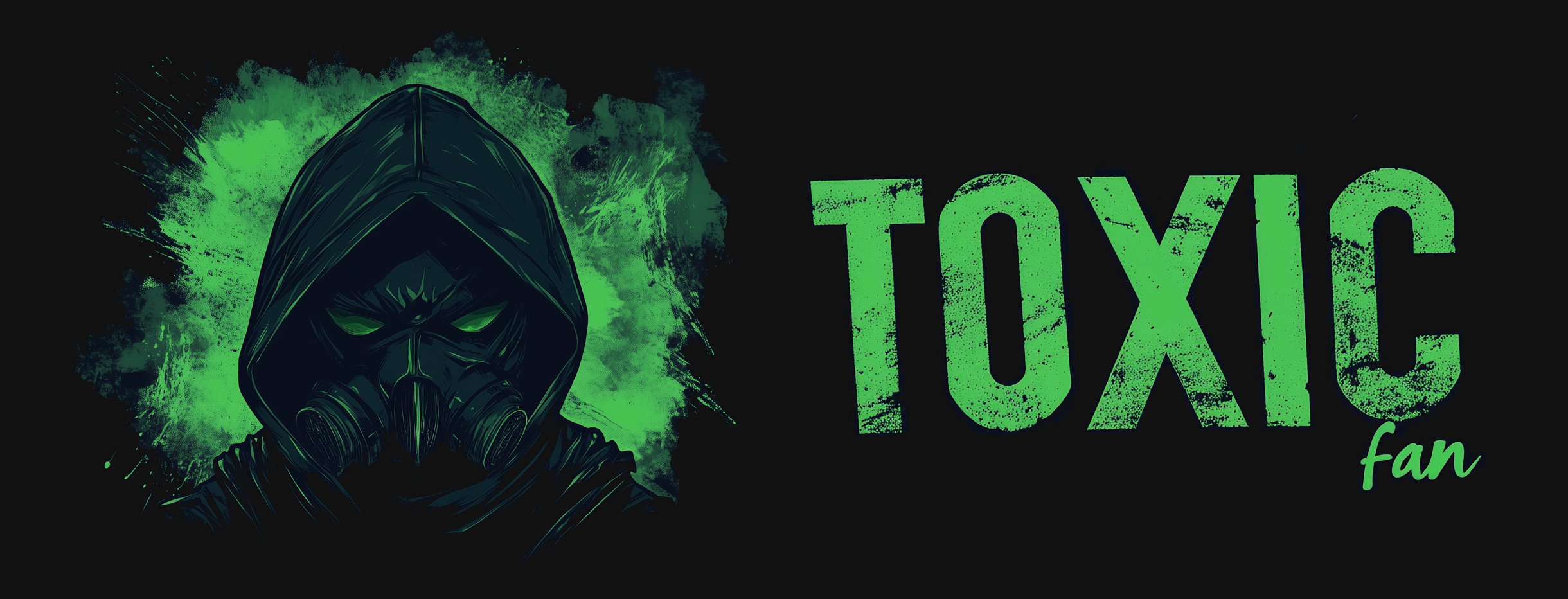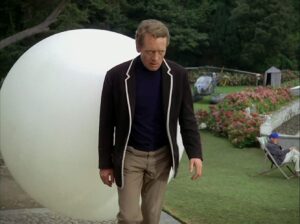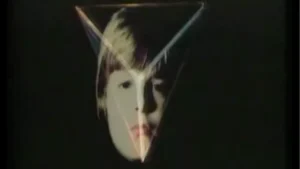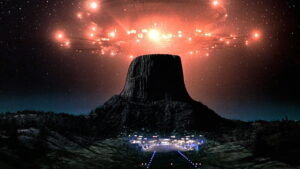
Warwick Davis reprises his role as Willow. Photo Credit: Lucasfilm / Disney
In a plot twist worthy of its own fantasy series, Disney+’s “Willow” has been unceremoniously axed faster than you can say “Elora Danan.” The sequel series to the 1988 cult classic film barely had time to find its magical footing before Disney decided to pull the plug. So, what in the name of Bavmorda went wrong? Let’s dive into the enchanted waters of cancellation and see what bubbles up.
Nostalgia: A Double-Edged Sword
Let’s face it, millennials: our nostalgia is showing. We’ve been riding the wave of reboots and revivals harder than Madmartigan on a shield sled. But “Willow” proves that not every blast from the past deserves a second act.
The original “Willow” movie, released in 1988, was a charming blend of ’80s fantasy tropes, groundbreaking special effects, and the undeniable charisma of Warwick Davis and Val Kilmer. It didn’t set the box office on fire, but over the years, it cultivated a dedicated fanbase who could quote every line from “I stole the baby” to “I am the greatest swordsman that ever lived.”
Fast forward 35 years, and Disney+ thought they had struck gold. A built-in audience, a beloved IP, and a chance to cash in on the current fantasy craze. What could go wrong? As it turns out, plenty.
The new series attempted to recapture the magic of the original while appealing to a modern audience. We got a diverse cast, more complex storylines, and a healthy dose of teen angst. But somewhere between the Nelwyn village and the Shattered Sea, the show lost its way.
Nostalgia is a powerful force, but it’s also fickle. For every successful revival like “Cobra Kai,” there’s a “Fuller House” waiting in the wings. “Willow” fell into the trap of relying too heavily on callbacks and references to the original, without fully establishing its own identity. It’s like showing up to a party dressed as your high school self – sure, it might get a few laughs, but eventually, people will wonder why you haven’t moved on.
Streaming Wars Casualties
In the cutthroat realm of streaming, even magic can’t save you from the dreaded algorithm. Disney+, in its quest to conquer the streaming throne, has been swinging its cancellation axe with the precision of a Nokkmaar assassin. “Willow” joins the ranks of other short-lived series, proving that in the game of streams, you either binge or you die.
The streaming landscape in 2023 is more crowded than a tavern on half-price ale night. Disney+ is competing not just with Netflix and Amazon Prime, but with a horde of other services all vying for your precious viewing time. In this environment, shows need to make a big splash and fast, or they risk being swept away in the tide of content.
“Willow” faced an uphill battle from the start. It wasn’t just competing against other fantasy shows; it was competing against the entire Disney catalog. When viewers can choose between a niche fantasy sequel and Baby Yoda’s latest adventures, well, let’s just say the odds weren’t ever in Willow Ufgood’s favor.
Moreover, the series suffered from a lack of consistent promotion. After an initial push, it seemed to fade into the background of Disney+’s lineup. In the age of algorithmic recommendations and endless scrolling, being out of sight truly means being out of mind.
The cancellation of “Willow” also highlights a growing trend in the streaming world: the shrinking window for shows to prove themselves. Gone are the days when a series could take a season or two to find its footing. Now, if you’re not an instant hit, you’re instant history.
The Quest for Fresh Content
While “Willow” attempted to blend old-school charm with modern storytelling, it might have missed the mark on bringing something truly innovative to the table. In a landscape dominated by groundbreaking fantasy series like “The Witcher” and “House of the Dragon,” our plucky Nelwyn sorcerer found himself outmatched.
The fantasy genre has evolved significantly since 1988. Audiences now expect intricate world-building, morally complex characters, and storylines that go beyond the simple “chosen one” narrative. Shows like “Game of Thrones” raised the bar for what fantasy can be on television, both in terms of production value and narrative complexity.
“Willow” tried to modernize its approach, introducing themes of identity, sexuality, and political intrigue. However, these elements often felt grafted onto the more traditional fantasy framework, rather than organically integrated. The result was a show that felt caught between two worlds – not quite nostalgic enough for die-hard fans of the original, and not fresh enough to capture a new audience.
Moreover, the series struggled to establish a consistent tone. It oscillated between self-aware humor and earnest fantasy drama, never quite nailing either. In a world where “The Boys” can brilliantly satirize superhero tropes while still telling a compelling story, “Willow” ‘s attempts at meta-humor often fell flat.
The show also faced the challenge of special effects. While the original movie was groundbreaking for its time, the new series had to compete with the likes of “The Mandalorian” and “Stranger Things” in terms of visual spectacle. Unfortunately, its more modest budget was often apparent, making it hard to fully immerse viewers in its fantasy world.
What’s Next for Fantasy Fans?
Fear not, fellow genre enthusiasts! The cancellation of “Willow” doesn’t spell doom for fantasy on the small screen. In fact, the genre is more alive than ever, with a plethora of projects in various stages of development.
Amazon is betting big on “The Lord of the Rings: The Rings of Power,” pouring resources into creating a visual spectacle that aims to rival the original Peter Jackson trilogy. HBO, not content with the success of “House of the Dragon,” is developing multiple “Game of Thrones” spin-offs. Netflix continues to expand its “Witcher” universe, while also adapting other popular fantasy properties like “Shadow and Bone.”
But it’s not all about big names and bigger budgets. The success of shows like “The Sandman” proves that there’s still room for more niche, cerebral fantasy. We’re also seeing a trend towards fantasy series that blend genres, like the upcoming “Fallout” adaptation, which mixes post-apocalyptic sci-fi with dark fantasy elements.
For those craving the specific blend of humor and heart that “Willow” aimed for, all is not lost. The success of shows like “The Umbrella Academy” and “Good Omens” demonstrates that there’s still an appetite for fantasy that doesn’t take itself too seriously.
As for “Willow” itself, who knows? In the age of streaming, no cancellation is truly final. We’ve seen shows resurrected years after their supposed demise (looking at you, “Futurama”). Perhaps in another 35 years, we’ll get another crack at the world of Elora Danan and Madmartigan. After all, in the realm of fantasy, anything is possible.
In the end, “Willow” serves as a cautionary tale in the age of reboots and revivals. Sometimes, the most magical thing we can do is leave our cherished memories exactly where they are – in the past, viewed through the rose-tinted lenses of nostalgia. As for Willow Ufgood himself? Well, as he once said, “Magic is the bloodstream of the universe.” Let’s hope that somewhere out there, in the vast streaming universe, there’s still some magic left for him.







